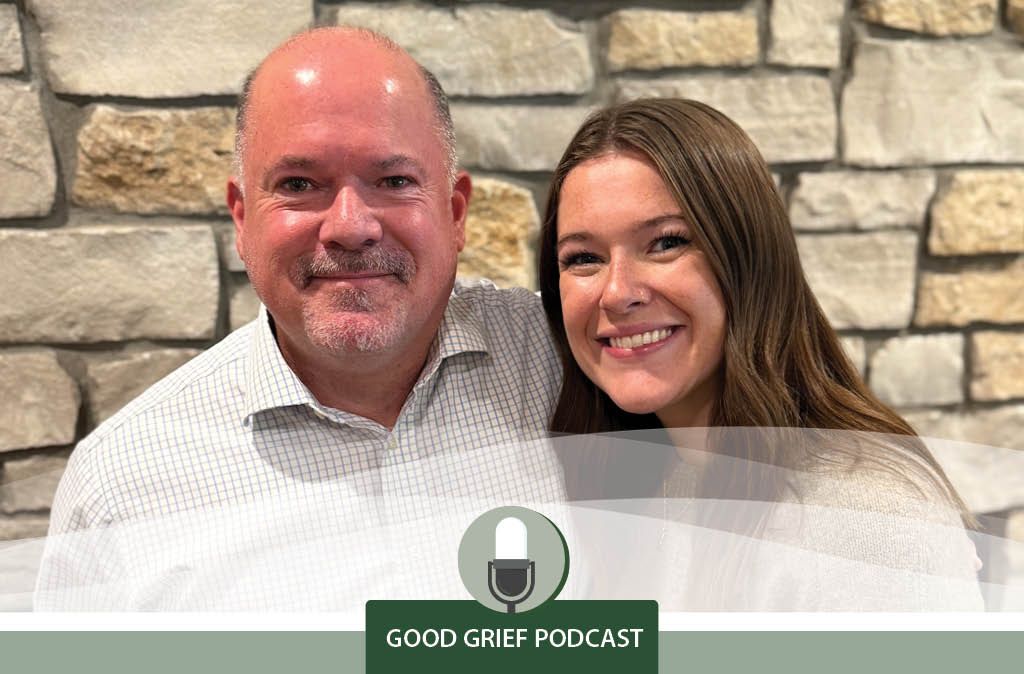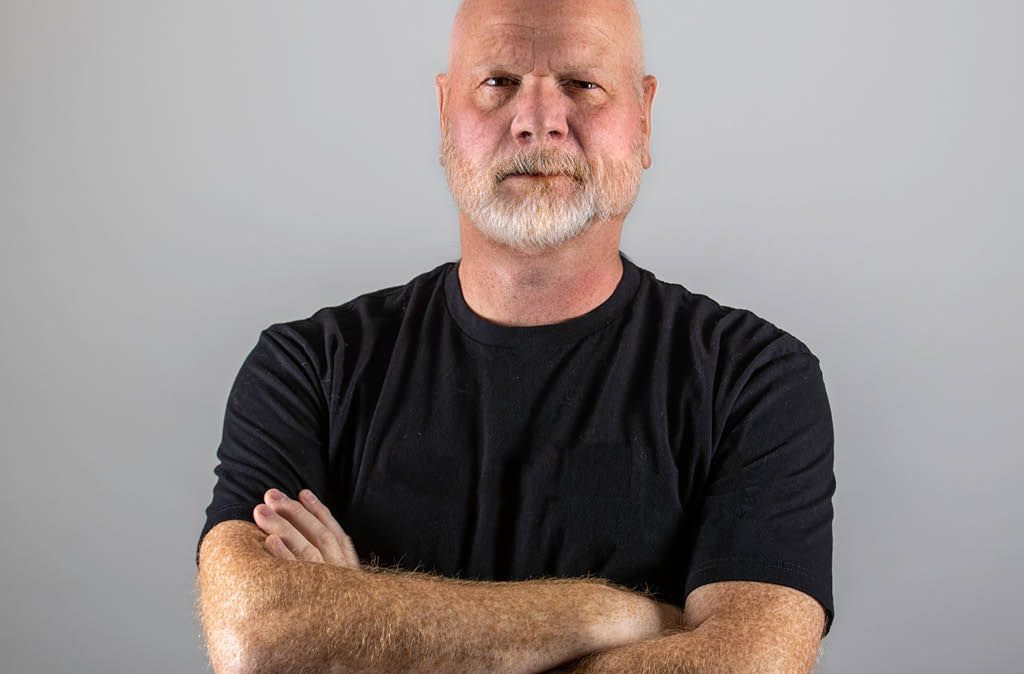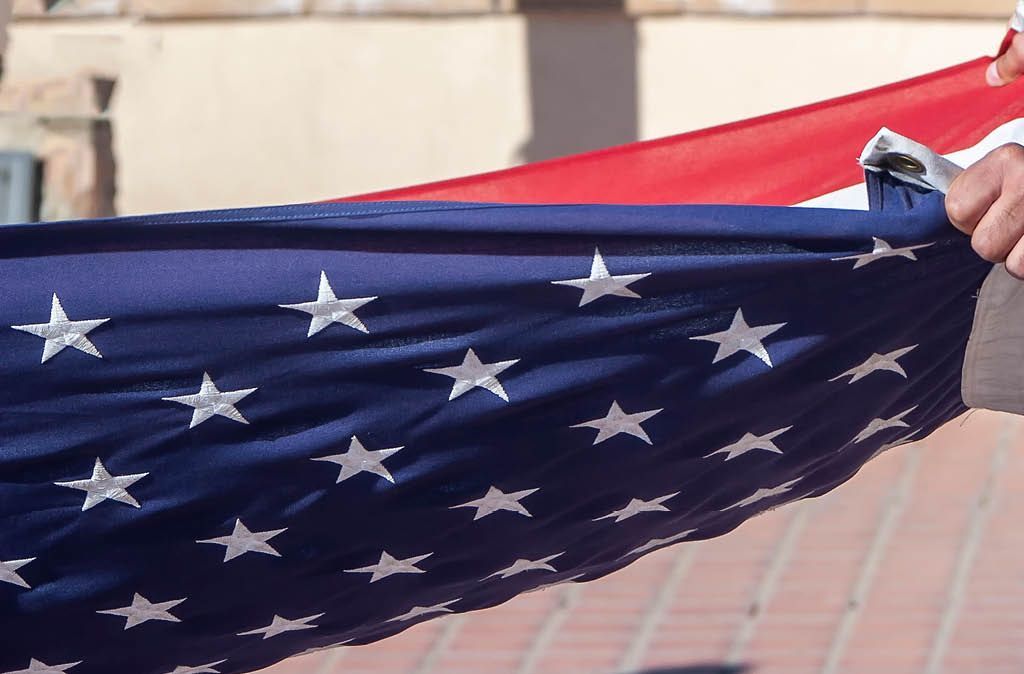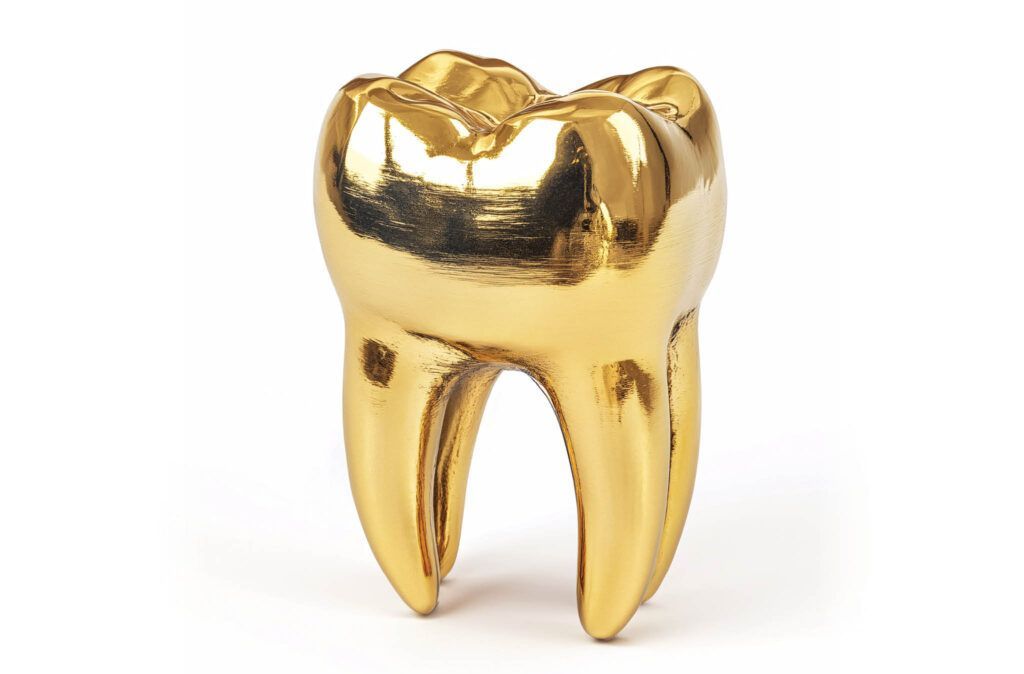An autopsy is a medical examination conducted to determine the cause of death. Unlike the polished portrayals on TV shows like CSI , real-life autopsies are often far from serene. Deceased individuals arrive directly from their place of death—whether it be a home, highway, workplace, or remote area—with disheveled appearances, open eyes, or unclosed mouths. Describing their appearance as peaceful would be inaccurate.
The Reality of Autopsies
It’s important to note that autopsies don’t always provide clear answers. In 5% to 10% of cases, results can remain inconclusive. For instance, an unexpected arrhythmic heartbeat can cause sudden death without leaving detectable evidence, particularly in younger individuals. Tissue affected by a heart attack or stroke has a distinct appearance, but some abnormalities may only become apparent under a microscope.
Who Decides if an Autopsy is Performed?
The decision lies with the Medical Examiner’s or Coroner’s Office , which often collaborates with local law enforcement. When the cause of death isn’t clear, factors such as the physical environment (e.g., a car accident scene), symptoms, medications, medical history, and witness accounts are analyzed. If necessary, blood or bodily fluid samples are sent to labs to detect medication levels or enzymes indicating conditions like overdose or heart attack. These tests can delay the death certificate for months.
Cost and County Considerations
Why aren’t autopsies performed more frequently? The answer often comes down to cost. In Pierce County, for example, autopsies are contracted through Ramsey County at an approximate cost of $3,000 each. This thorough process involves examining, weighing, measuring, and inspecting all organs for abnormalities. While budget constraints influence decisions, they do not prevent autopsies when foul play is suspected. Local medical examiners are adept at balancing fiscal responsibility with advocating for the deceased.
Autopsies as Evidence
Autopsies play a crucial role in legal cases involving vehicular manslaughter, homicide, or other incidents involving another individual. They provide vital evidence for law enforcement and prosecutors, countering defense arguments and establishing facts in court.
Can Families Request or Refuse an Autopsy?
If the Medical Examiner declines to perform an autopsy, families can request one privately, but the cost—ranging from $3,500 to $5,000—is borne by the family. Increasingly, pathologists are hesitant to perform private autopsies linked to potential litigation due to the risk of being drawn into time-consuming court proceedings. However, many families request private autopsies for medical history purposes, such as determining if a specific type of dementia is hereditary.
Families cannot refuse an autopsy ordered by the Medical Examiner, as they have the legal authority to proceed even against objections. However, some jurisdictions offer exemptions for religious beliefs.
Advancements in Pathological Forensics
Modern pathological forensics have made significant advancements, giving a voice to the deceased. Our local medical examiners, law enforcement, and pathologists work tirelessly and expertly to uncover the truth, ensuring dignity for those who can no longer speak for themselves.
Written by Mike O’Connell
O’Connell Family Funeral Homes













